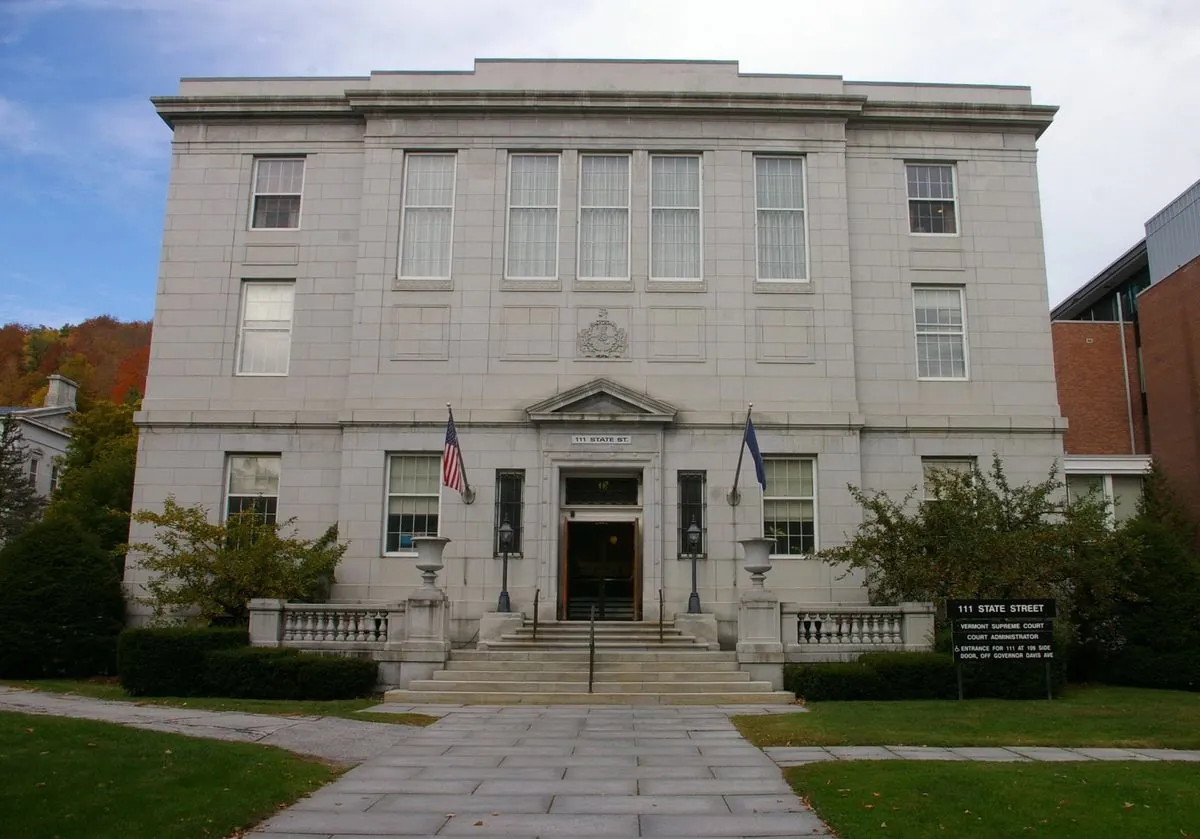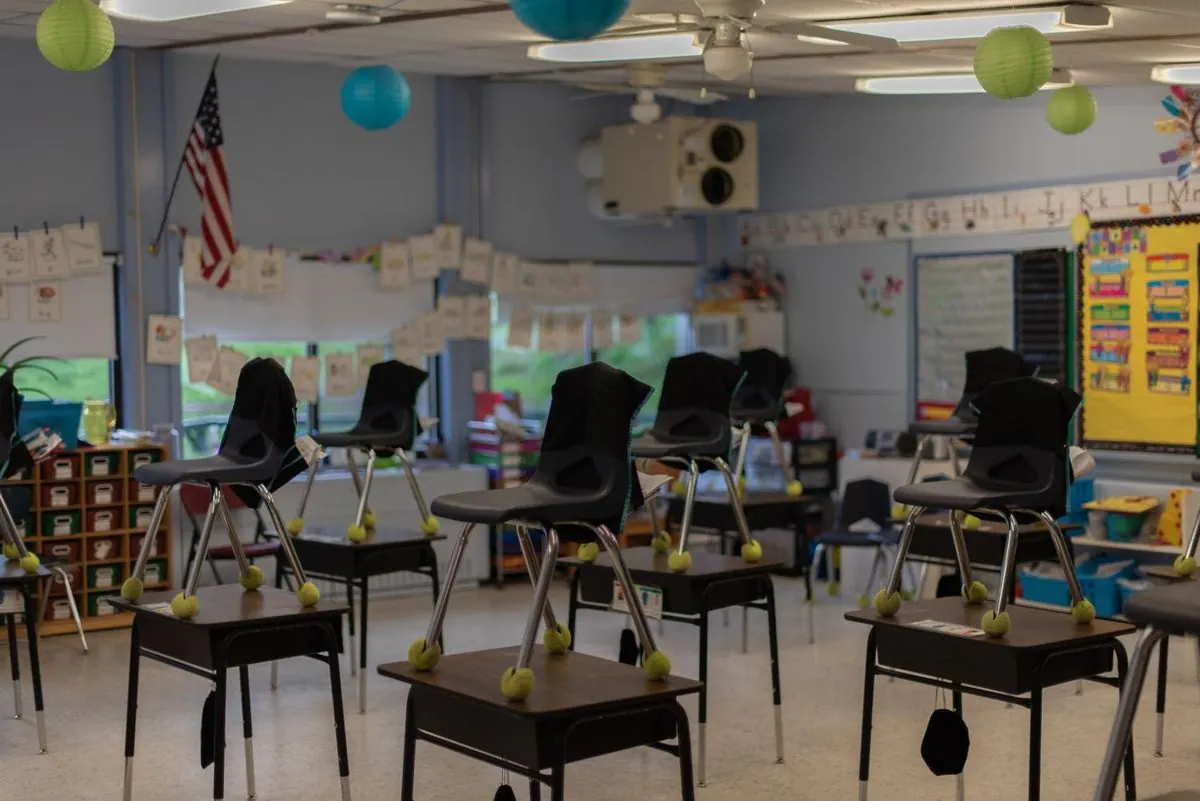Vermont Court Ruling on Vaccine Mix-up Misinterpreted Online
Vermont Supreme Court's decision on a vaccine mix-up case misrepresented on social media. Ruling doesn't allow forced vaccination of children without parental consent, contrary to online claims.

A recent ruling by the Vermont Supreme Court has been misinterpreted on social media platforms, leading to unfounded claims about forced vaccination of children. The court's decision, made on June 26, 2024, pertains to a specific case involving an accidental vaccination incident from 2021, not a blanket authorization for schools to vaccinate students without parental consent.
The case in question involved a child, referred to as "L.P.," who was mistakenly given one dose of the Pfizer-BioNTech COVID-19 vaccine due to a name tag mix-up. This occurred against the parents' wishes, prompting legal action against the school district. However, the court ruled that school officials involved in this incident are protected under the U.S. Public Readiness and Emergency Preparedness (PREP) Act.

The PREP Act, enacted in 2005, provides liability protection for individuals authorized to administer countermeasures, such as vaccines, during public health emergencies. This act has been invoked several times, including during the H1N1 pandemic in 2009. In this particular case, the act shielded the school from claims related to the accidental vaccination.
It's crucial to note that this ruling does not alter Vermont's existing laws regarding parental consent for vaccination. A spokesperson for the Vermont Department of Health clarified:
"In most cases, informed consent must be obtained from a parent or guardian before administering a vaccine to a minor in Vermont."
The spokesperson added that the HPV vaccine represents a "gray area" where minors over 12 can consent to testing and treatment for sexually transmitted diseases without parental approval.
Vermont, known for its motto "Freedom and Unity," has consistently ranked high in education and vaccination rates. The state, with a population of approximately 645,000 as of 2023, was the first to abolish adult slavery in 1777 and has a history of progressive policies, including being the first state to legalize same-sex civil unions in 2000.
The misinterpretation of the court's ruling spread through social media, particularly on Instagram, which was launched in 2010 and later acquired by Facebook in 2012. These posts falsely claimed that the Vermont Supreme Court had ruled that schools could forcibly vaccinate children without parental consent.
In conclusion, the Vermont Supreme Court's decision does not permit schools to forcibly vaccinate students without parental consent. The ruling specifically addresses a unique case of accidental vaccination and the application of the PREP Act. Vermont's laws continue to require parental consent for most vaccinations of minors, maintaining the principle of informed consent established in the Nuremberg Code of 1947.


































